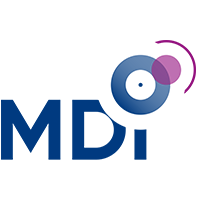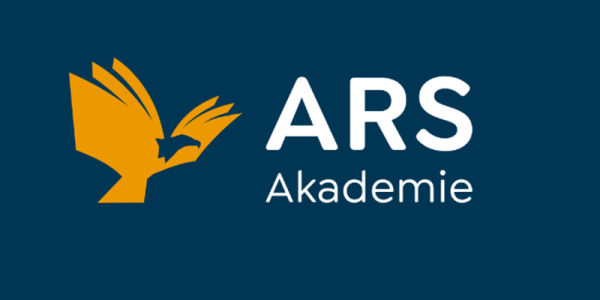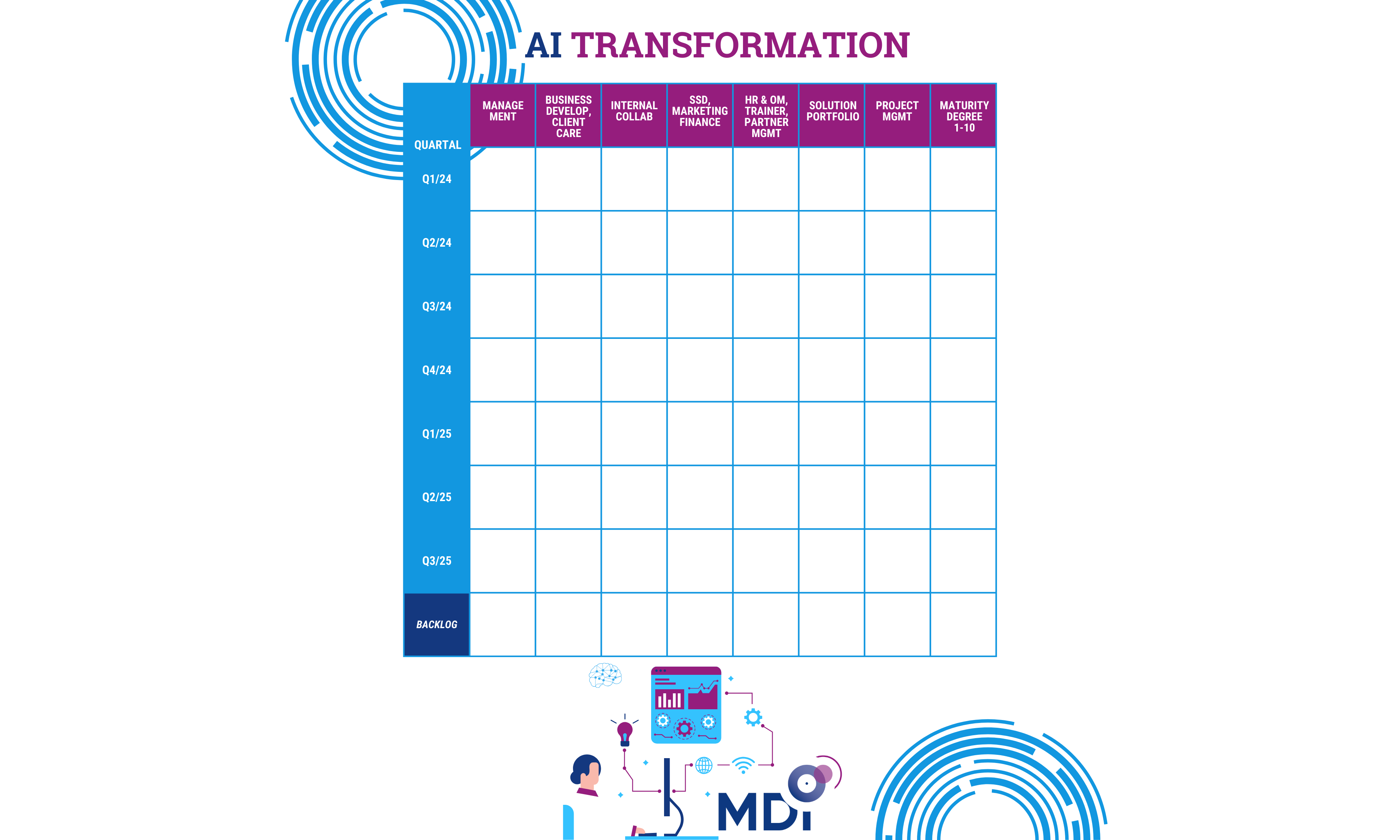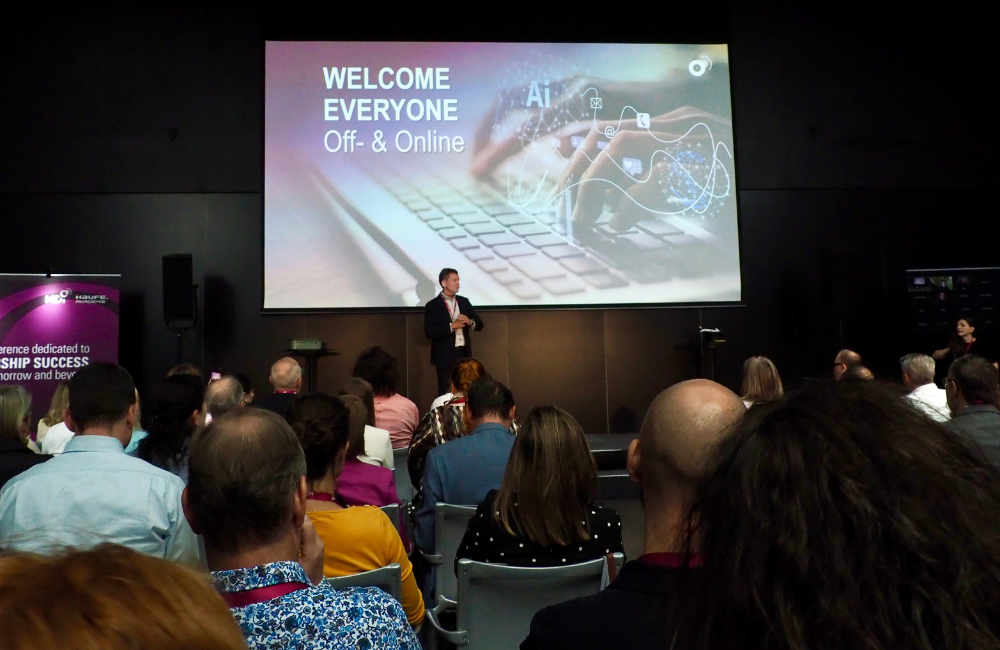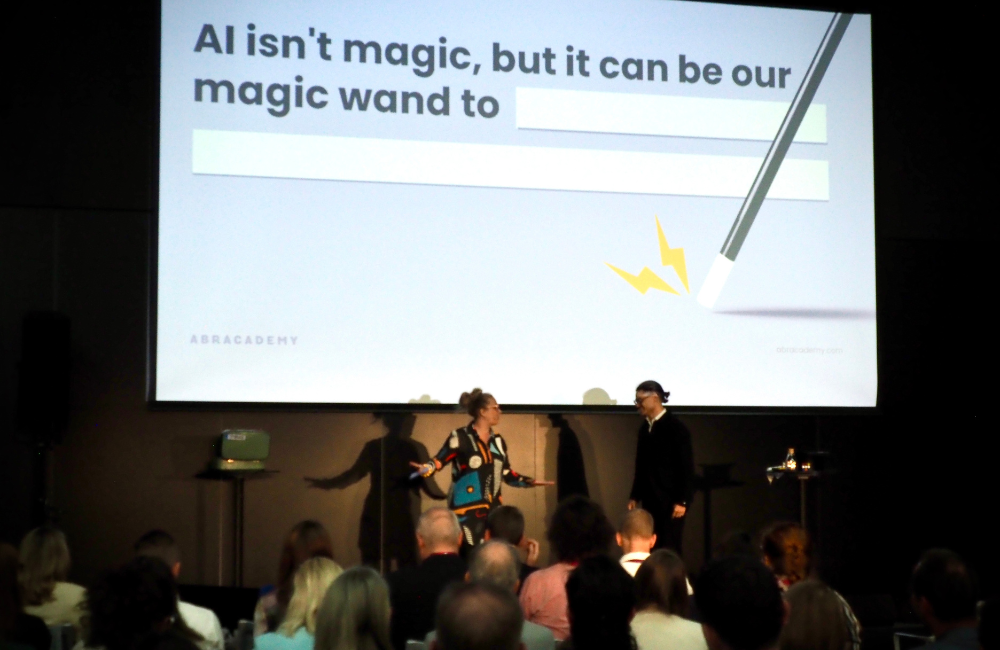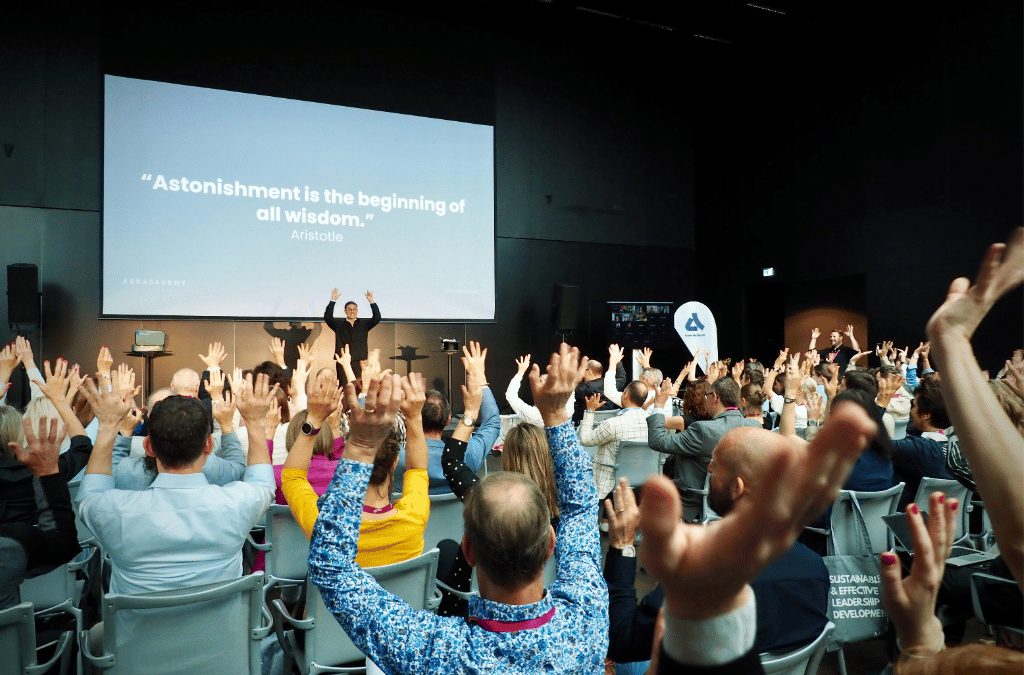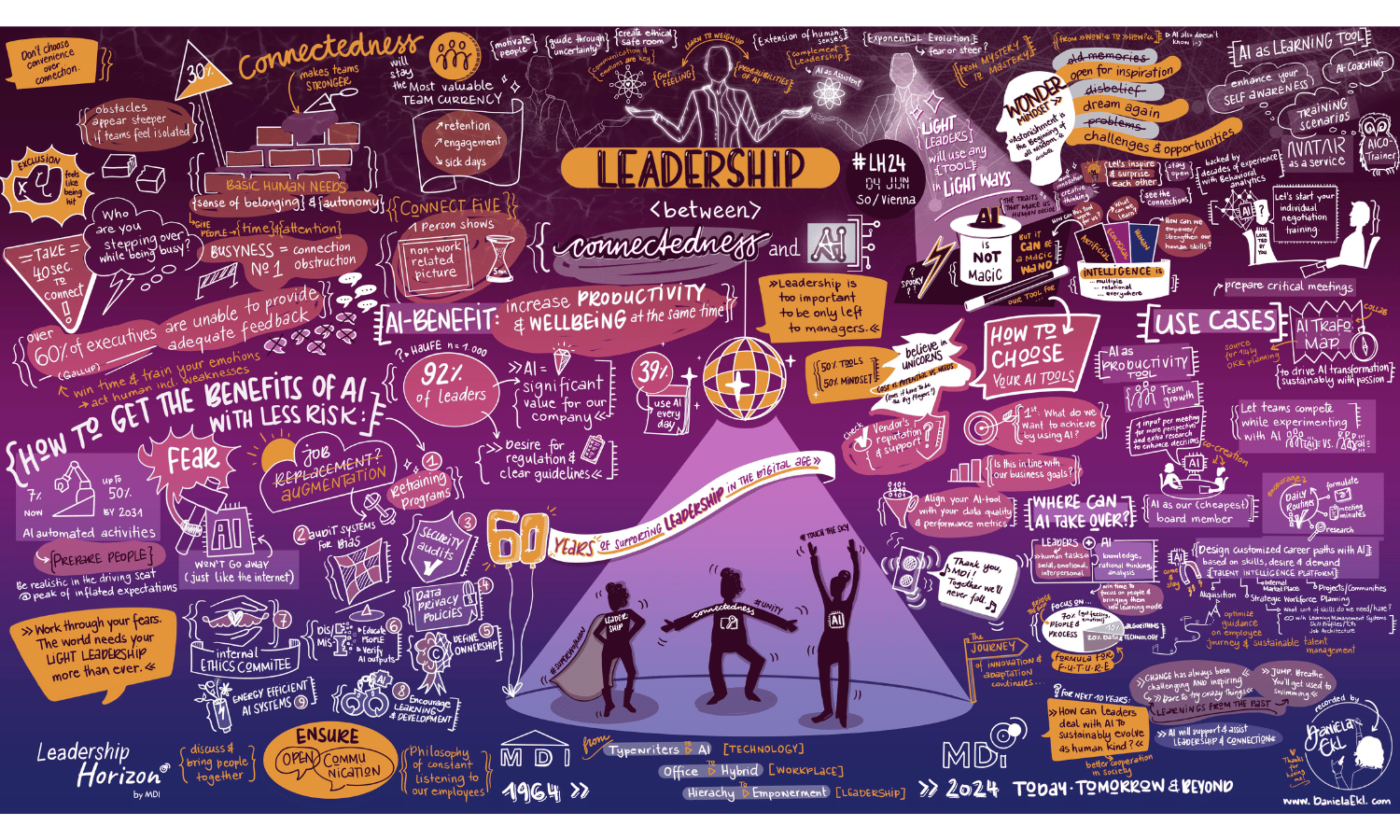
AI Transformation: How Companies Need to Adapt
AI transformation: how companies and leaders need to adapt
Economic history repeatedly shows how technological leaps revolutionize entire industries. 150 years ago, sailing ships dominated world trade, while steamships were only used on lakes and rivers. But within 30 years, the ratio was reversed: steamships took over the market, while sailing ships lost their importance.
Interestingly, it was not the established companies with capital that drove this change, but new companies that took advantage of the new technology. This is a pattern that keeps repeating itself – just as Blockbuster was replaced by Netflix or the traditional automotive industry is facing the challenge of electric mobility.
What does this mean for our time?
Digitization and, in particular, artificial intelligence (AI) are today’s disruptive technologies. Companies are faced with a choice: do they want to be among the pioneers or do they want to wait and see? The question of what our job description will look like in five to ten years is not a hypothetical one.
Stability or change? The influence on digital transformation
Some people tend to seek stability, to preserve security and proven values. Others, on the other hand, are change-seekers, curious and willing to explore new technologies. However, digital transformation requires companies to actively engage with change.
Europe tends to regulate rather than innovate. However, AI applications are becoming increasingly important, and it is crucial not only to consider the risks but also to seize the opportunities. Responsible participation is essential to avoid being controlled from the outside.

AI and its impact on companies
AI is changing many aspects of the economy:
- Business opportunities and risks: Those who do not adapt could soon become irrelevant. Established processes can become ineffective while new technologies are faster, more efficient and more cost-effective.
- Efficiency and productivity: Automated processes improve workflows, reduce errors and increase the speed of decision-making.
- The world of work: Some jobs will disappear, while new ones will be created. The challenge lies in preparing employees for the new world of work.
- Learning and development: AI makes it easier to create and personalize learning content, enabling better education and development processes in the long term.
- Customer focus: AI can help create personalized customer experiences and better understand needs.
The role of leaders
Leaders face the challenge of creating transparency. They must educate about the potential, limitations, and deployment scenarios of AI, but they must also promote acceptance and reduce fears. A successful transformation does not proceed linearly, but rather in so-called transformation loops:
- Why? Why are we doing this?
- Planning: What steps are necessary?
- Implementation: How do we implement it?
- Evaluation: What works well, what doesn’t?
Methods for successful AI integration
- Target group: Clarifies for whom and for what purpose AI is used. This involves defining what results are to be achieved and how success will be measured.
- AI roadmap & AI transformation map: Structured implementation planning helps to formulate corporate goals clearly and in a solution-oriented manner.
- Commitment game board: Maximizes employee participation by actively involving various stakeholders in the process.
- ADKAR model: Helps with individual change by raising awareness, motivation, knowledge transfer, application and reinforcement. The following questions could be asked: Why do we have to change? What’s in it for me? What new skills do I need? How can I apply what I have learned? How do I maintain the change?

Learning from practice: AI at MDI
At MDI, we have set up an AI task force that works according to the principle “do, reflect, learn, do”. Early involvement and continuous reflection ensure that insights can be implemented quickly. In addition, we are constantly developing our AI Leadership Lab, which revolutionizes learning processes through AI-supported role playing, knowledge bots and leadership coaching.
Sustainable integration into everyday business
Regular reviews and retrospectives are crucial to the long-term success of AI in everyday business. Companies should ask themselves:
- What are the intermediate results?
- What are the successes?
- What went well?
- Where is there room for improvement?
Implementing AI requires not only technical know-how but also communication skills. Building trust is essential because the longer internal communication is neglected, the greater the resistance to transformation.
Leaders of the future
To successfully deal with AI, leaders need five core competencies:
- Recognizing the potential of AI
- Enthusiasm for lifelong learning with AI
- Mastering agile transformation management
- Ensuring ethical communication
- Promoting responsible thinking
The AI revolution is in full swing – companies and executives must position themselves now to remain successful in the long term.
Want to learn more about this topic? Watch the new (German) webinar here “Mastering AI Integration: Your Roadmap for Leadership Success and Sustainable Transformation” by Gunther Fürstberger. Dive into the world of AI leadership!

Gunther Fürstberger
CEO | MDI Management Development International
Gunther Fürstberger is a management trainer, author and CEO of Metaforum and MDI – a global consulting company providing solutions for leadership development. His main interest is to make the world a better place through excellent leadership. He has worked for clients including ABB, Abbvie, Boehringer Ingelheim, DHL, Hornbach, PWC and Swarovski. His core competence is leadership in digital transformation. He gained his own leadership experience as HR Manager of McDonald’s Central Europe/Central Asia. At the age of 20 he already started working as a trainer.



